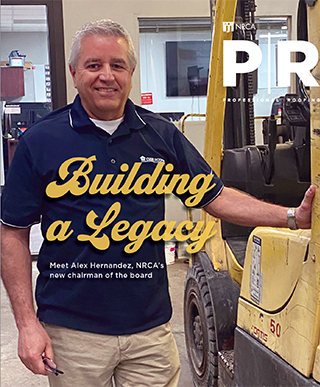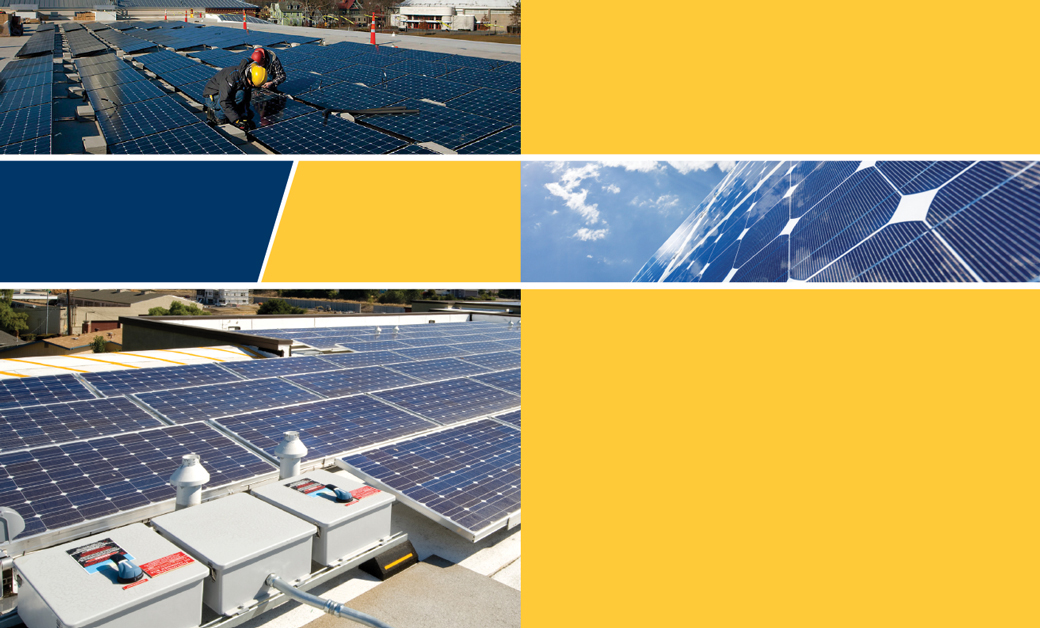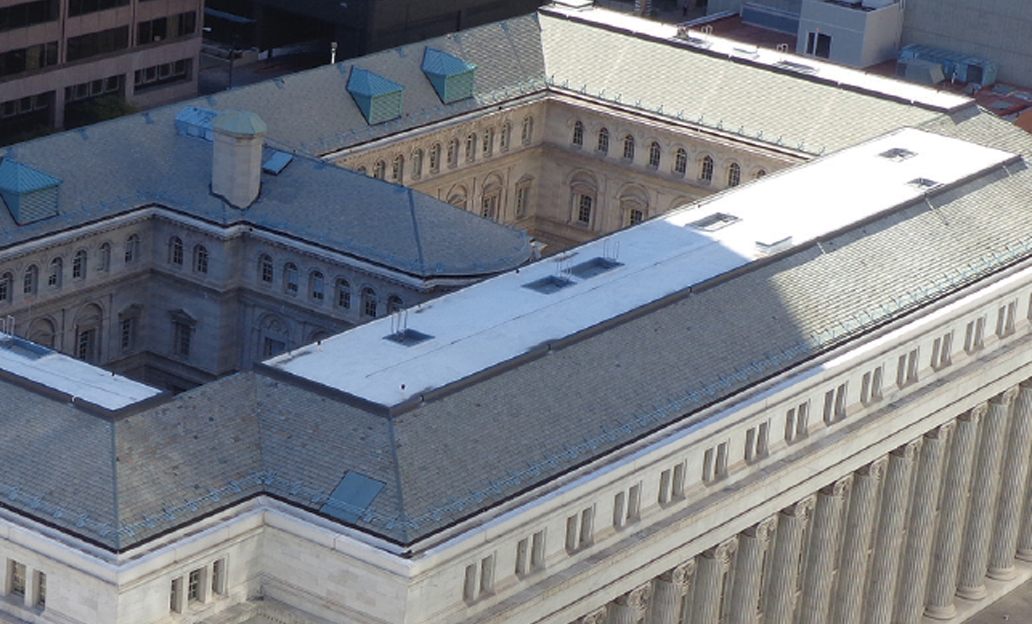It seems everyone who knew Harry Esbenshade has at least one favorite story to tell about him. I have two.
The first is from an early encounter. Harry was on NRCA's board of directors, which at the time was debating whether to charge an additional $50 for an educational conference. (Leave aside, for a moment, the fact boards shouldn't have these kinds of debates.) After an unnecessarily long and involved discussion, Harry rose and said: "Do I understand we are having a debate about $50? I wouldn't walk across the street for $50." End of debate.
The second happened later. Harry was at a bar asking his fellow contractors lots of direct questions about their businesses: How much money did they make the previous year? How much were they paying for insurance? How much were they paying their best foremen? Finally, one contractor said: "OK, Harry, it's your turn. Tell us how much you made last year." And he replied: "Oh, we have a company policy that won't let me discuss those things."
The stories give us a little bit of a glimpse into the man. He was smart, direct and had a wicked sense of humor. Because of that, the first impressions he left with others weren't always great. But those who took the time to know him understood his was a much more complicated persona.
For one thing, he rarely talked about his own successes, which included graduating from an Ivy League school (Yale) and serving in the U.S. Navy. They also included transforming a family business into one of the most successful roofing companies in the U.S., developing a business model that was—and remains—truly unique.
For another thing, he had a huge heart, serving on boards of colleges and charities too numerous to mention. He also established his own family foundation, which has helped countless people in the West Virginia town where he spent most of his life.
Harry was one of those rare people who was incredibly well-read and had a large dose of common sense. He did not abide fools gracefully, but if you were lucky enough to be a friend of Harry's, you were a friend for life.
Many of these favorite stories about Harry end with him visiting a friend in a hospital, making an unexpected telephone call or otherwise helping someone in need. In many ways, he was a throwback—one of those members of the Greatest Generation who helped build communities and care for neighbors and understood it was just part of what you were supposed to do.
Harry's 88-year life ended in August. If there are bars in heaven—as there surely must be—it's easy to imagine Harry sharing a scotch with St. Peter, asking him how his year was, holding to his company policy. The roofing industry has lost one of its great thinkers—and best friends—and we will miss him.
Bill Good is NRCA's executive vice president.



